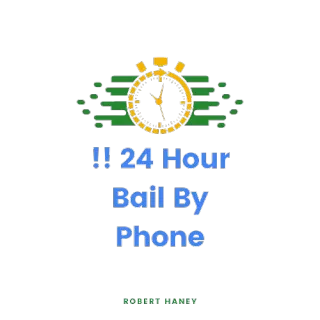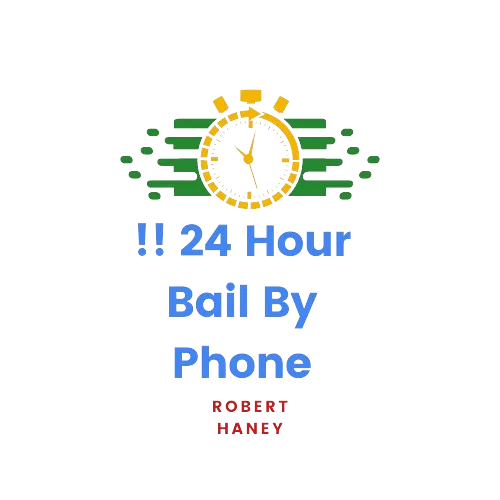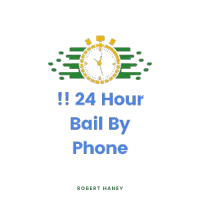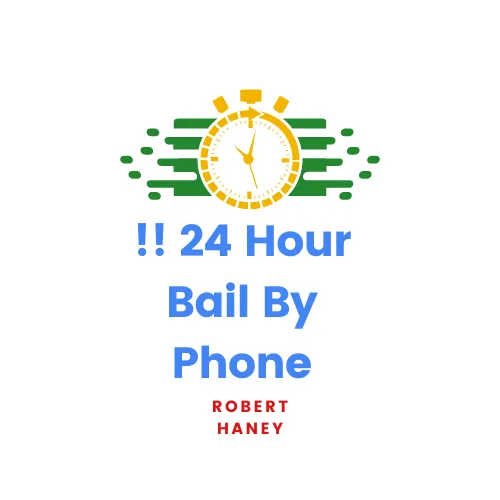24/7 Bail Bonds Volusia
3811 W. International Speedway Blvd
!!24 Hour Bail By Phone - Daytona Beach, FL Blogs
Bail Bonds Blogs
386 256-3101

New Laws for Bail Bonds in 2024
New Florida Bail Bonds Laws for 2024: What You Need to Know
In a move to standardize and streamline the bail bond process, Florida has introduced significant changes with the implementation of House Bill 1627. These new laws, effective from January 1, 2024, are designed to address inconsistencies in pretrial release procedures and bail bond fees across the state. Here’s a breakdown of what you need to know about these changes:
Introduction of a Uniform Bond Schedule
Florida Governor Ron DeSantis championed the need for a uniform statewide bond schedule to ensure fairness and consistency in the bail process. House Bill 1627 addresses previous discrepancies by setting standardized bond amounts for various offenses, aiming to create a fairer system statewide.
Key Changes to Pretrial Release
The new legislation focuses on establishing clear rules for pretrial release, especially for serious offenses. The updated criteria are designed to prevent the release of individuals who might pose a danger to others. Here’s a list of offenses where the new rules apply:
Aggravated Battery
Aggravated Assault
Domestic Violence
Fentanyl Trafficking
Human Trafficking
Extortion
Child Abuse or Aggravated Child Abuse
Manslaughter (including DUI and BUI Manslaughter)
These new guidelines aim to provide uniformity in how decisions are made about pretrial release, ensuring that similar cases are treated consistently across Florida.
Impact on Bail Amounts
The recent changes also include a revised schedule for bail amounts, as outlined in Florida Administrative Order AOSC23-88. This schedule establishes specific bond amounts based on the severity of the offense:
$5,000 for third-degree felonies involving force or threats.
$2,500 for third-degree felonies without force or threats.
$1,000 for first-degree misdemeanors involving force or threats.
$500 for first-degree misdemeanors without force or threats, excluding DUI or boating under the influence (BUI).
$250 for second-degree misdemeanors involving force or threats.
$150 for second-degree misdemeanors without force or threats, excluding DUI or BUI.
$1,000 for DUI/BUI first offense.
$750 for DUI/BUI second offense.
$500 for DUI/BUI first offense, categorized as a second-degree misdemeanor.
Why These Changes Matter
The uniform bond schedule and new pretrial release rules aim to:
Ensure Fairness: By standardizing bail amounts and pretrial release criteria, the law seeks to create a level playing field, reducing inconsistencies that arose from differing court decisions.
Enhance Public Safety: The focus on serious crimes ensures that individuals who pose a potential danger to others are less likely to be released before their trial.
Reduce Confusion: With clear guidelines in place, both defendants and those involved in paying bail will experience less ambiguity and frustration.
Comparing with Other States
Across the U.S., pretrial release and bail eligibility vary significantly. Some states offer broad discretion to judges, leading to inconsistencies based on individual judgments. In contrast, Florida’s new law provides a clear framework designed to standardize decisions and promote fairness.
Conclusion
Florida's updated bail bond laws represent a significant shift towards a more equitable and transparent system. By establishing clear rules for bail amounts and pretrial release, the state aims to ensure consistency and fairness across its legal system. These changes are expected to reduce confusion and provide a more standardized approach to bail, ultimately benefiting both defendants and the justice system.
Stay informed about these changes and how they might affect you or your loved ones by consulting legal professionals and reviewing the latest updates in Florida’s legal landscape.
Frequently Asked Questions
Answers to Common Bail Bonds Questions
How Long Does it Take to Have a Bail Bondsman Post Your Bond?
The time it takes for a bail bondsman to post your bond can vary depending on several factors, including the specific circumstances of your case, the availability of the bondsman, and the jurisdiction where you're being held. In many cases, !!24 Hour Bail By Phone aims to post bonds as quickly as possible, often within a few hours or less of being contacted. However, this can also depend on the complexity of the case and any administrative processes involved. It's advisable to reach out to a bail bondsman as soon as possible after being arrested to initiate the bond posting process promptly. We prioritize a swift release to ensure you're freed as soon as possible.
Bail Bonds Daytona Beach, FL
!!24 Bail By Phone LLC is ready to assist you with all of your bail bond needs. We specialize in "Bail By Phone" service. We understand the urgency to post bond and get your loved one released as quickly as possible!

What is a Bail Bond?
If the arrested individual (or a representative) is unable to cover the bail amount set by the court, they have the option of obtaining a bail bond. A bail bond involves enlisting the services of a bondsman who intervenes by paying the bail on behalf of the arrested individual.
Lorem ipsum dolor sit amet, consectetur adipisicing elit. Autem dolore, alias, numquam enim ab voluptate id quam harum ducimus cupiditate similique quisquam et deserunt, recusandae.
Can a bail bondsman arrest an individual?
Bail Bonds Arrest Authority according to FS 903.20, a surety has the authority to arrest a principal for surrender to official custody either before a forfeiture (as per FS 903.22) or within two years of the forfeiture date (as per FS 903.29).In Florida, bounty hunters are not permitted. Apprehension of bail fugitives is strictly governed by FS 648.30(2)&(3):No one can claim to be a bail enforcement agent, bounty hunter, or similar title in Florida. Only certified law enforcement officers or individuals licensed and appointed according to state regulations are authorized to apprehend, detain, or arrest a principal on a bond, regardless of where it was issued. Violation of this law constitutes a third-class felony under FS 648.30(4).
How long are you obligated to the bail bondsman?
You remain accountable to !! 24 Hour Bail By Phone bail for the duration of your pending court appearances. Once your case is resolved—whether through dismissal, a not guilty verdict, or sentencing—the bond obligation ceases. It's important to note that any court-issued fines, fees, or costs are not the responsibility of the !!24 Bail By Phone. Our primary role is to ensure your appearance at all scheduled court dates. In Florida, a bail bondsman can only arrest you if you fail to appear in court. Should this occur, the judge can declare your bond forfeited, placing the responsibility on us to pay the full bail amount. This incentivizes us to locate and return you to the criminal justice system.
What is a Bail Bond?
If the arrested individual (or a representative) is unable to cover the bail amount set by the court, they have the option of obtaining a bail bond. A bail bond involves enlisting the services of a bondsman who intervenes by paying the bail on behalf of the arrested individual.
What is Bail?
Bail serves as a guarantee in the legal process. It represents the monetary sum set by a court following an arrest. If the arrested individual or someone acting on their behalf pays the bail amount to the court, the individual can be released from custody. However, this doesn't absolve them of the arrest; rather, it allows them to avoid immediate or continued incarceration.


